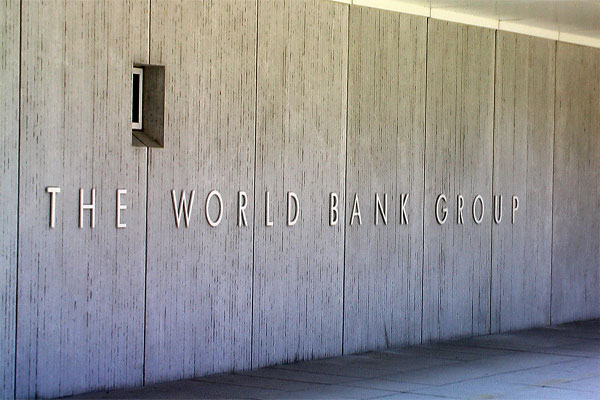
World Bank Approves US$800 Million in Concessional Loans to Support Structural Reforms in Uzbekistan
World Bank Approves US$800 Million in Concessional Loans to Support Structural Reforms in Uzbekistan
Tashkent, Uzbekistan (UzDaily.com) — The World Bank’s Board of Executive Directors has approved a financial package of US$800 million in concessional loans for Uzbekistan to support large-scale structural reforms. These measures aim to reduce poverty, create new jobs, develop the private sector, and increase competition in key economic sectors.
The initiatives supported by the World Bank cover a broad range of public policy areas—from social protection to trade liberalization. In particular, they include measures to mitigate the impact of rising energy tariffs on low-income households, protect women from workplace harassment and discrimination, expand access to social services for vulnerable groups, and enhance competition in the telecommunications, energy, and agricultural sectors.
The funds are provided on long-term, low-interest terms, enabling the government to reduce external debt servicing costs and redirect freed resources to priority socio-economic objectives.
In the social sphere, material assistance for low-income families will increase from 270,000 to 1 million soms per household to offset higher electricity, heating, and gas tariffs.
One of the reform priorities is expanding economic opportunities for women. Mechanisms will be implemented to prevent sexual harassment and workplace violence, and legal protections will be established to prohibit dismissal or refusal to hire women due to pregnancy or childcare responsibilities.
To expand the social support system, the government plans to create conditions for active participation of private and non-governmental organizations in delivering social services to vulnerable populations.
Reforms will also affect state-owned enterprises. A National Investment Fund of Uzbekistan will be established to manage state property effectively and oversee privatization processes. In telecommunications, an independent regulator will be created to limit state company dominance and encourage private investment.
In agriculture, a system to insure producers against risks will be introduced, and reforms in the cotton sector will continue, including flexible procurement prices and enabling farmers to sell cotton directly to textile enterprises.
On the foreign economic front, key tasks include accelerating Uzbekistan’s accession to the WTO, simplifying export procedures, and eliminating exclusive rights that limit competition in the energy, oil and gas, chemical, and other sectors.
In the energy sector, reforms aim to attract private investors in electricity distribution, develop renewable sources, and grant independent producers the right to sell directly. This will increase the supply of “clean” energy and modernize power grids.
Special attention will be given to energy efficiency. A National Agency for Energy Efficiency will be established to attract investment in energy-saving projects and promote the adoption of solar panels, heat pumps, and modern building insulation technologies.
Additionally, “green” standards will be introduced in the public procurement system, prioritizing environmentally safe goods and services—an important step toward building a sustainable model of economic development.